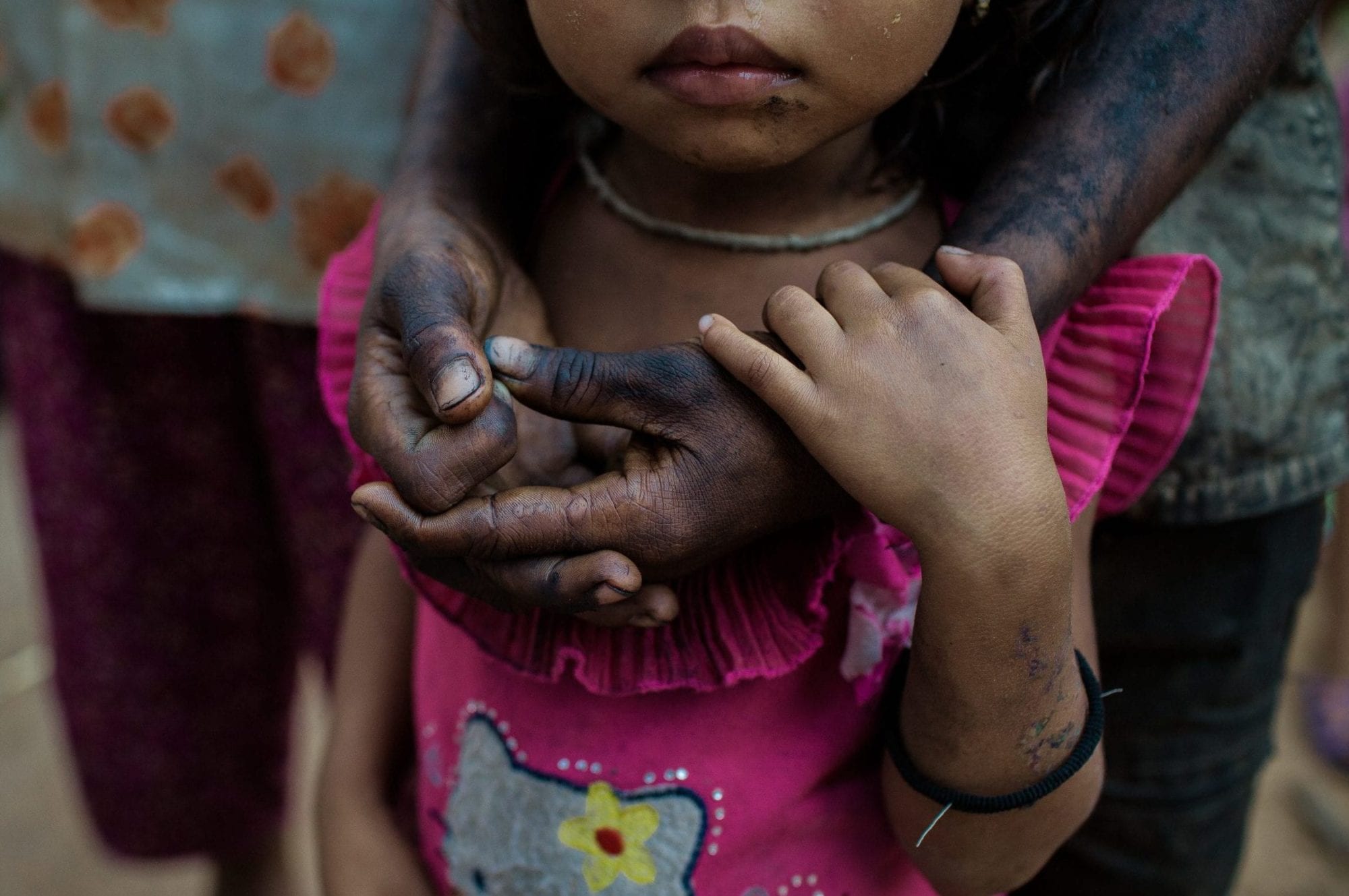A yearslong review of hundreds of bank-financed infrastructure and agriculture projects in the world’s poorest countries found the institution had little idea whether local authorities were violating strict land resettlement guidelines. The bank hasn’t been adequately monitoring projects where governments used—and sometimes abused—their powers to move people from their homes, take over land and relocate businesses, the review concluded.
The announcement comes as the World Bank backs ramping up spending on major infrastructure projects across the globe. As those projects move ahead, governments will compel large numbers of people to uproot their homes and livelihoods to make way for hydroelectric dams, pipelines and railways.
“The inability to confirm that resettlement has been satisfactorily completed poses a reputational risk for the World Bank,” the internal auditor said.
Of the banks 218 active projects with resettlement plans, officials say around three-million people will be affected by imminent-domain powers. Roughly 15% of those will be involved in relocation, or around 500,000 people. Advanced economies usually have robust laws and judicial systems protecting human and property rights, but many of the poorest countries don’t provide recourse against abuses of power by local authorities.
That is why, in principle, the World Bank’s oversight of its financing is vital to safeguard against human-rights abuses, critics say.
Bank-financed programs in Ethiopia and Honduras have recently come under fire for alleged human-rights abuses. The World Bank’s ombudsman last year found its International Finance Corporation unit failed to conduct due diligence in a 2009 loan to a Honduran palm-oil company involved in a violent eviction of farmers that turned deadly.
Inclusive Development International, a U.S.-based nonprofit organization, Monday said the World Bank “whitewashed damning evidence of widespread human rights violations” in an internal investigation into an Ethiopian project that involved allegations of a violent and forced resettlement of farmers.
“That is absolutely not what we did and we would take issue with that characterization,” World Bank President Mr. Kim said.
The nonprofit group cited transcripts of audio interviews conducted by a consultant working on behalf of the World Bank’s investigative panel. In the interviews, witnesses allege Ethiopian authorities beat, killed and raped farmers and their families as part of its resettlement campaign.
In both those cases, the bank said that although it financed projects that had land resettlement plans, it wasn’t responsible for the management of those plans, and so isn’t culpable for alleged human-rights abuses. In the Ethiopian case, the panel said it recorded allegations of human-rights abuses, but it didn’t investigate the claims.
The bank provides funding, supervision and technical assistance, “but it is the governments that roll out these projects,” Mr. Kim said.
David Hunter, a professor at American University’s College of Law who specializes in the accountability mechanisms of international institutions such as the World Bank, said by giving the investigative panel a very narrow jurisdiction, the bank sidesteps responsibility.
“The bank really doesn’t want to have that accountability,” he said.
In a statement, the investigative panel said that looking into the allegations of human-rights abuses in Ethiopia was “beyond its mandate.”
A member of the panel said separately that officials can only probe violations by the bank of its own policies. “We could not investigate those episodes because they were not explicitly linked to the program,” the person said. “We were not authorized,” the official said.
In principle, the bank’s land-resettlement policies are a gold standard, outlining strict compensation guidelines. But the institution’s subsequent supervision of projects has historically proven weak, Mr. Hunter said.
The bank’s accountability process “provides some oversight, but it’s deficient for sure,” Mr. Hunter said. Combined with the bank’s immunity, “There’s no legal recourse for communities affected,” he said.
Even if there is better follow-up on whether land resettlement plans are up to snuff, the bank’s investigating panels provide little remedy, if any, for the poorest who are affected by new infrastructure and agriculture projects, critics say. In many cases, the local authorities are also involved in the complaint process, raising questions about conflicts of interest.
The bank said it has proposed providing support for some of the farmers in Ethiopia affected by the resettlement, but didn’t elaborate.
Reposted from the Wall Street Journal.


